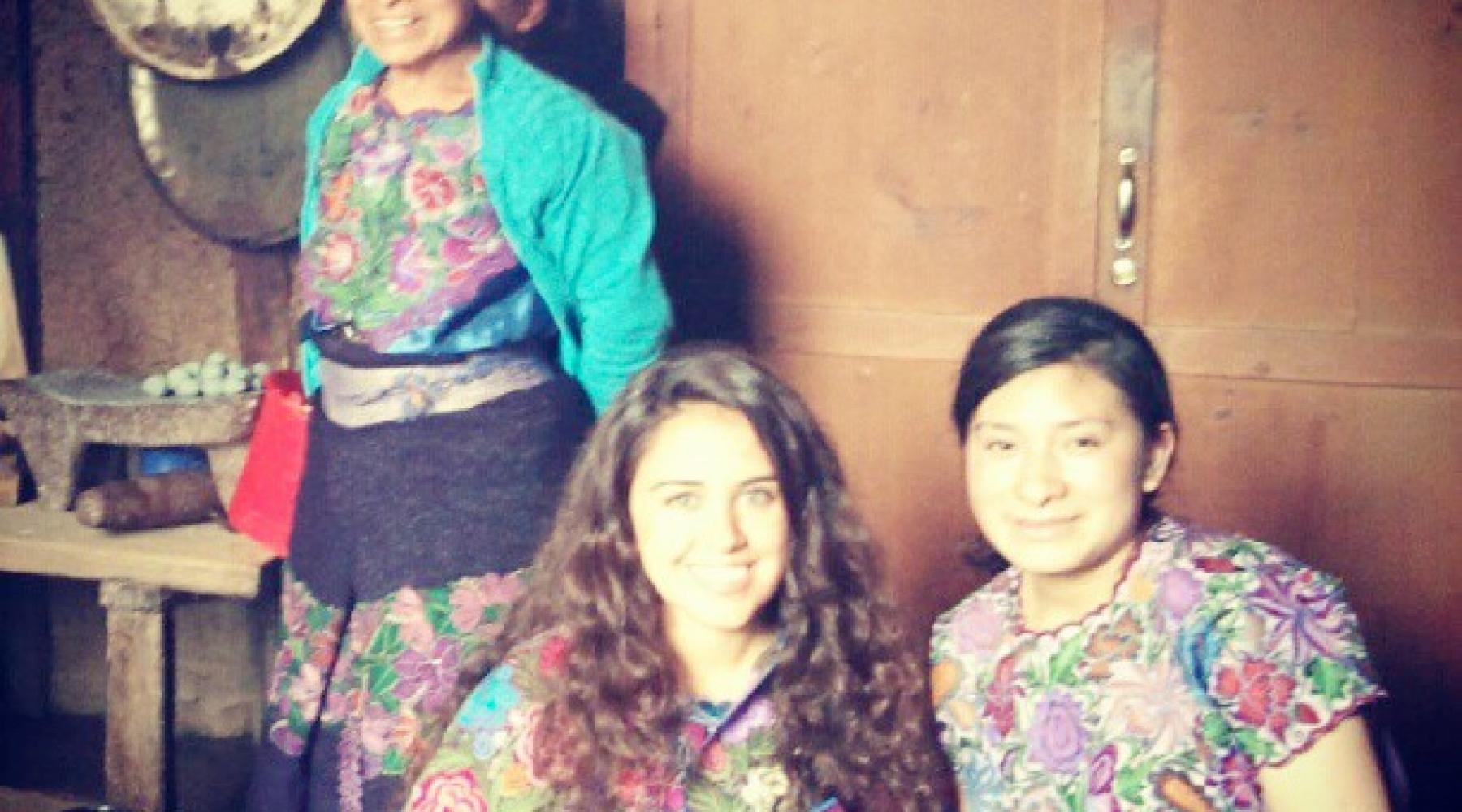
Jennifer Kay
When you walk up and down the hallways of Ives Hall you will inevitably encounter the ILR adage, “advancing the world of work” emblazoned on a wall. This cri de coeur connects the most liberal ILRies with their most conservative classmates, as all of us want to advance the world of work, and ultimately will do so, because our connotations of “advancing” will all be manifested in different ways. In ILR we ask, does advancing the world of work mean generating more profits for firms, creating more jobs in all industries, reallocating jobs from one industry to another, constructing more equitable employment policies and work conditions, or all or none of the above? Can we coalesce to enhance everyone’s livelihoods worldwide through our work systems or just those of one CEO, one union, one firm, one industry, or one nation? What would enhancing everyone’s livelihoods entail and what tangible outcomes do we want to see from the broad concept of “advancing the world of work?”
During my summer trip to Chiapas with an International Agriculture and Rural Development class, which I was able to do thanks to the ILR Travel Grant; and my subsequent internship at Fundación Escalera, a U.S.-based non-profit in San Cristóbal de Las Casas, Mexico, that collaborates with Mexican government officials and university researchers worldwide to create greater educational opportunities for indigenous children in Chiapas. I was far enough away from my native culture to learn about how we co-create our realities given our common motivations. I was able to understand if and how work fits into our abilities to see, share, and sustain the abundance of human capital and natural resources in the world, and to find peace in the idea that our individual, day-to-day practices emanate from our shared, but often conflicting, human desires—including safety, compassion, love, and health, among others. Given that we are all working from the same basic motivations but different experiences and frameworks—languages, academic perspectives, etc., how can we acknowledge our similarities and differences, then compassionately work to empower ourselves and each other to thrive by working together? Broadly, by recognizing and accepting our common humanity, and, specifically, through the collective bargaining skills that we’re building back in Ives Hall.
For any one moment during the IARD trip and my internship at Escalera, I can connect my experience to any and all of the classes that I took both in and outside of ILR at Cornell beforehand.
I could talk about how, when we visited the seventh century Mayan ruins in Palenque, I saw that the Mayan leaders likely convinced community members to build stone temples by hand by creating a buy-in for their labor; in this case, tying labor-intensive construction to religion, safety, and community pride—directly relating to my understanding of motivation theories from my Organizational Behavior classes in ILR. I could also talk about how I could look at the same scene from a NTRES Environmental Conservation lens and comment on how resourceful the Mayans were when they built their temples out of stone and their communities near waterways. Connecting these two frames of reference, I could see how a “tragedy of the commons” could have developed if the Mayans did not unite to form a community and instead let every man fend for himself to individually collect and likely collectively wipe out the resources that they all needed to survive. In this analogy, one can see how the study of industrial and labor relations is fundamentally the study of coupling individual and collective desires while capitalizing on the manpower of many and the innovation that results from diversity of ideas.
In another instance, I could talk about how seeing men riding atop a train coming from Guatemala while our group drove from Palenque to Tuxtla related to my Introductory to Labor Economics and Migrant Workers in the Americas, as the men were most likely immigrating to seek higher paying jobs in Mexico or in the U.S. in order to provide more resources for themselves and their families.
I could see how the indigenous weaver’s devotion to her time-consuming, handmade crafts fulfilled her desire to create and share art, while working from home with her sisters. Thus, her career reflected her monetary and emotional priorities; priorities that every member of the workforce must weigh before allocating his or her time to a practice.
I could reflect on how, during my internship at Escalera, our partnership between the organization, a Yale research team, the Education and Labor Secretaries of Chiapas, the students, families, and teachers in indigenous communities in Chiapas demonstrated widespread support for our goal of empowering indigenous, middle school students to obtain the resources and motivations to attend high school. I could then reflect on my belief that, while degrees are often in and of themselves important for societal legitimacy, education should ultimately allow youth to consciously analyze societal structures, question their frames of reference, revel in our similar aims, and articulate how we can tangibly create systems that facilitate everyone’s abilities to thrive.
Thus, all of my experiences this past summer allowed me to marvel at the beauty of the motivations that all humans share and to realize how the study of ILR brings those intentions to light. ILR is, at its heart, a program about how we can translate the often oppressive idea of “work” to the empowering idea that our practices are labors of love. ILR is about forging bonds between ostensibly-competing parties by emphasizing our common motivations and realizing that we co-create the world as we communicate and act. The skills that we’ve acquired in ILR will not only serve us when dealing with formal cases of arbitration, but will allow us to walk into all relationships and interactions with compassion and humility and to view every potential obstacle as an opportunity for introspection, cooperation, and mutual benefit through compassionate communication.